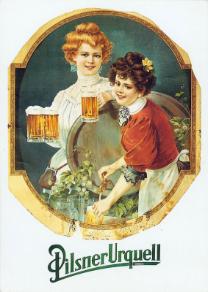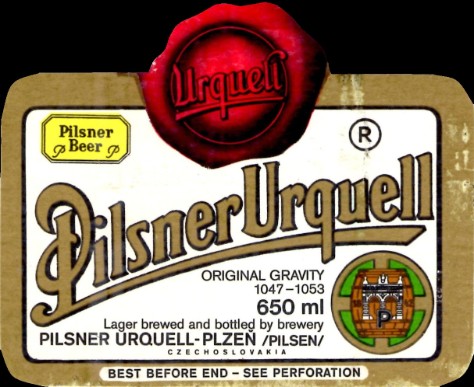GHOSTLY ECHOES OF A COMMUNIST REVELATION
Going back to the original source, for a new encounter...
If life is made up of some difficult moments then the job interview is one few of us relish!
I can recall when applying for a post in wine some years ago being asked to list the most 'influential' wines I had come across and tasted, and to explain why?
There was however I felt ,much more to this question than met the eye...
You could answer a question such as this in two ways, reel off a list of wine superlatives from some of the great Château's or 'modern classics' , or you could approach it with complete honesty.
I chose the latter, and in so doing listed a wine of more humble origins - Suhindol Cabernet Sauvignon 1979 - from Bulgaria.
Whilst initially they may have been perplexed at including such a wine in my list, my point was this wine represented a defining moment for me. The Cabernet was punching well above its weight at the time, and could, quite happily, have been selling for twice the price! It proved what could be achieved, and was, quite simply, a revelation.
The memory of that wine still lives with me today - and more importantly, I can register the flavours mentally that made such an impact.
A similar experience occurred in 1980 when my interest in beer really begun to take hold. Keen to try as many of the great classics I encountered my first bottle of Pilsner Urquell from Czechoslovakia. Revered as the 'first' and defining word on the 'pilsner' style I was eagerly looking forward to the opportunity! But, would it live up to expectations?
This brew was made during the Communist era and much had been made of inconsistency in raw materials, varying quality, and how the beer did not travel well. Nevertheless I remand open minded to the forthcoming experience, and the proof, as they say, would be in the tasting..
.
Finally, on tasting the beer, even in its pasteurised form, was indeed a revelation...
The stunning golden honey hue was matched by an immensely lively aroma of pine, herbal, and freshly cut grass notes and were bold and giving.
But it was on the palate that the hop flavours seemed to jostle for attention and the complexity of the beer came through.


The original Urquell label from1980, with OG notably higher than today.
--------------------------------------------------------
It was a challenging beer with each sip unfolding a new intriguing angle to its flavour. What was so interesting was that while these hop flavours were so expressive none appeared to overpower the fundamental malt base, as if the flavours had been honed over many years, marrying together, but remaining excitingly fresh and rewardingly complex.
It was a defining moment and one that still stays in my mind today - I fully understood its exalted status.
During this period the brews production was meticulous (despite the aforementioned supposed difficulties) with open fermentation vessels of uncoated oak being used, over a 1000 of which existed, with 30 hectolitre capacity. No less than 5 strains of yeast were pitched into different fermenter's, with the resulting beer blended to produce the final product.
The 'lagering' or maturation, was equally impressive, with pitch lined oak barrels (over 3,500 of which existed) in damp sandstone tunnels over six miles in length!
This was lager production at its most archaic - but most effective, and critical to the beers quality and standing.
When East met West in the late 1980's it was only a matter of time before the brewery would succumb to new ownership, and with it, economic pressures of production.
The yeast strain was reduced from 5 to 2, stainless steel conical fermenter's introduced, and the lagering time also reduced. The inevitable consequence was that the flavour would never quite be the same again.
Re-visiting the beer again in bottle recently was a chance to see how it tasted today. Given the size if its production the quality overall was good, and there were strange ghostly echoes of its previous incarnation, but you were aware that 'mass market' appeal was its agenda today.
Its 'classical' status is based more on origin, rather than the flavour it once commanded.
That mental register of how it tasted in the past has always been an important building block, and benchmark, when evaluating other beers of a similar type. It would be an apparition I would be more than happy to meet once more, but sadly its flavour is lost to the past...
But, thank you for the memory - and the true 'Urquell' experience - the flavour lingers on!
----------------------------------------------------------------------------------------------------------------------------------
TO RETURN TO ARCHIVE CLICK ON ARROW TOP OF PAGE